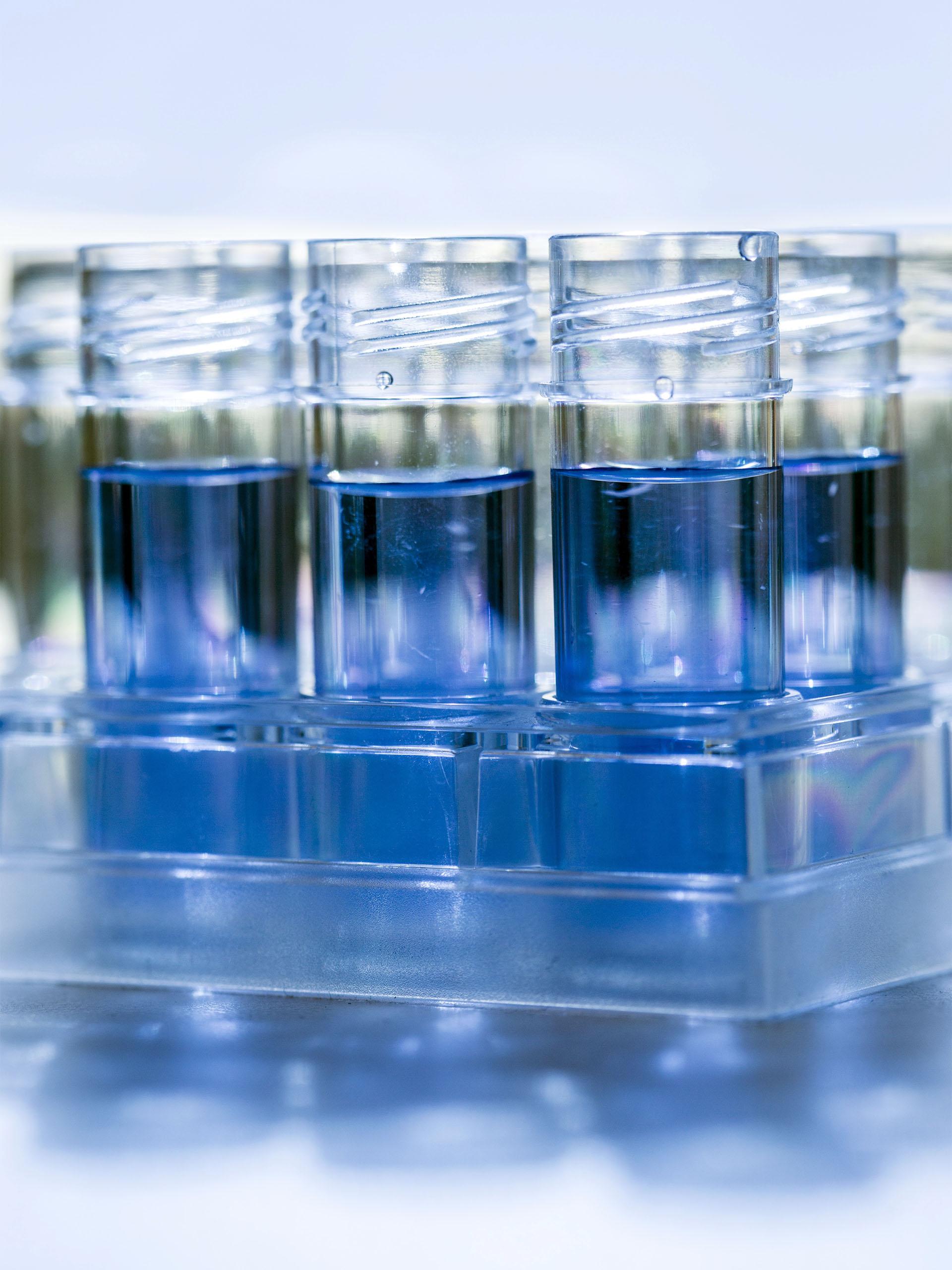In vitro maturation of canine oocytes
Determine the effects of different in vitro maturation (IVM) conditions on the developmental competence of canine oocytes.

Assisted reproductive technologies, such as in vitro oocyte maturation (IVM) and in vitro fertilisation (IVF), in the canine offer potential benefits for animal breeding and conservation of endangered canid species.
However, the efficiency of these technologies in the dog is limited. In particular, the capacity of canine oocytes to complete meiotic maturation in vitro is very low, compared to other species. This likely relates to the unique reproductive biology of the dog.
In most mammals, nuclear and cytoplasmic maturation of the oocyte occurs within the ovarian follicle before ovulation. However, canine oocytes are ovulated at an immature stage and undergo meiotic maturation within the oviducts over a prolonged period (48-96 h).
Therefore, to develop the appropriate conditions for in vitro maturation of canine oocytes both the follicular and oviductal environments the oocyte would typically be exposed to in vivo need to be considered.
We have previously assessed the effects of varying the hormones added to the maturation media. This project will further assess the effects of varying other components of the media and conditions used on in vitro maturation of the canine oocyte.
Key methodology: Oocyte collection (from ovaries donated after spay), in vitro oocyte maturation, oocyte nuclear maturation staining.
Supervisors
- Dr Jen Kelly - SARDI
- Co-supervisor: Dr Karen Kind | Dr Jose Len
- Research area: Pathobiology, infectious disease & public health; Companion animal health; reproductive health
- Recommended honours enrolment: Honours in Animal Science
